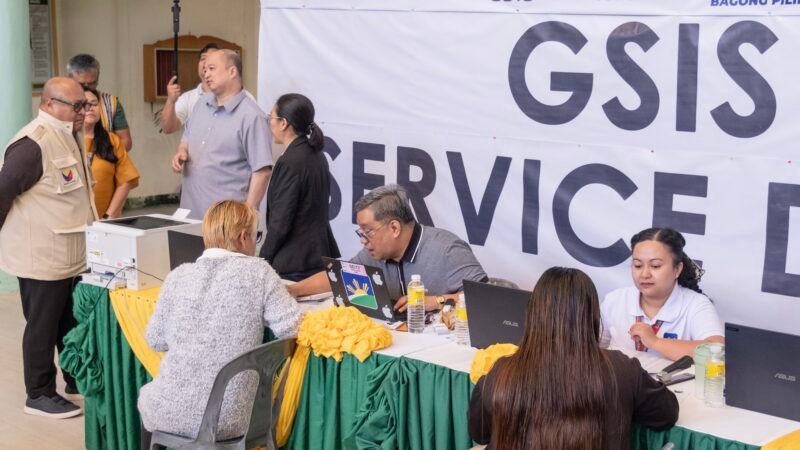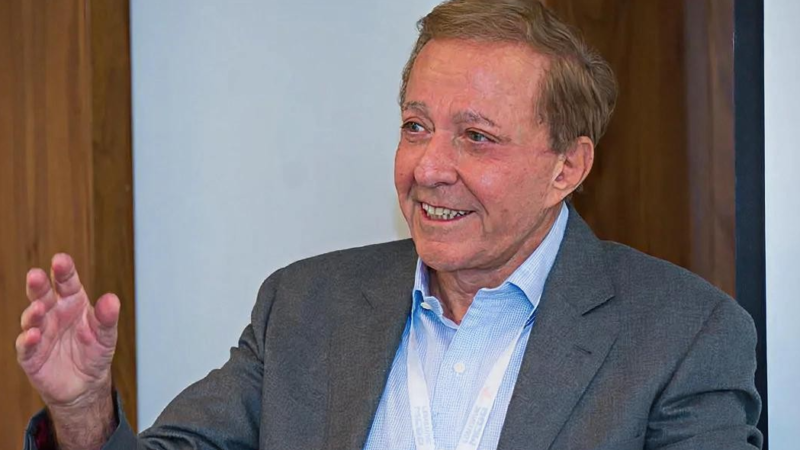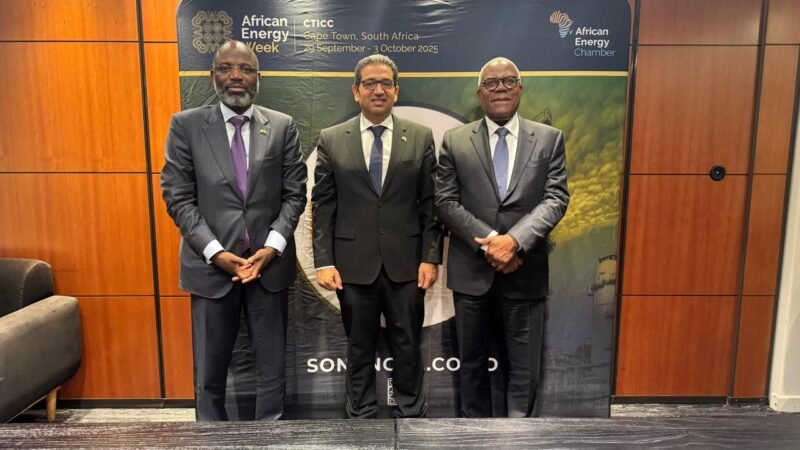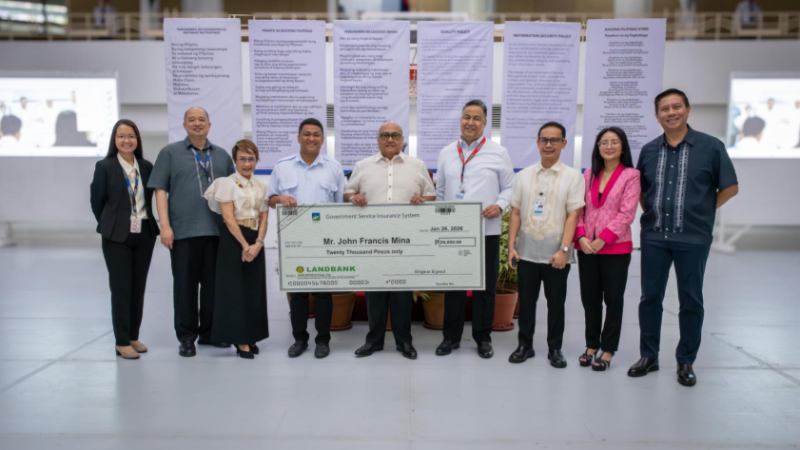Washington, heart of US power, frozen by pandemic
Behind the giant bay windows of the World Bank, security guards remain at their posts, but idle. Outside, the sidewalks of Washington DC are largely empty.
The bank is open, ready to host but its twice annual meetings with international financial institutions. But the meetings are all virtual these days.
Next door, at the HQ2 building of the International Monetary Fund (IMF) a sign says “temporarily closed.” It has been hanging there for six months.
With just a month to go before the presidential election, Washington, the hub of American politics, is still in the social and economic deep freeze it was plunged into by the Covid-19 outbreak that began six months ago.
The 12,000 people due to take part in upcoming meets at the World Bank and IMF will not stroll the sidewalks of the spruced-up city center, which before the pandemic had been touted as example of the regeneration of US downtowns.
Instead, they will be sitting at home, in front of their laptops.
As well as its political activities, the city had billed itself in the past two decades as a hub for international conventions and conferences.
Before the pandemic, “we were experiencing record attendance and visitation to Washington, not only with congresses and meetings, but of course, also with the leisure market… and the international markets,” said Elliott Ferguson, director of Destination DC.
And that activity all stoked the local economy. “We were on pace to do well over 25 million visitors to the city, over 42 large congresses,” he said. Now the city is expecting some 11 million visitors.
Working from home
For sure, some of the trendier districts of the city have bounced back to life. Restaurants have opened up outdoor terraces and rooftop dining and have started to fill up in the late summer, thanks to local clientele.
But in the downtown area, not far from the White House, the fast food restaurants of K Street — the central artery where busy lobbyists and lawyers used to grab lunch — have not re-opened and struggle to attract local business.
That is because the thousands of government and institutional workers — including the 9,000 of the World Bank, excluding its consultants — are all working from home until the end of the year.
The white-collar workers who filled the offices of the nerve center of US and international politics have overwhelmingly chosen to carry on with remote work.
And they have the backing of Democratic Mayor Muriel Bowser, who has implemented one of the strictest regimes of restrictions in the country to keep the virus death toll down to 629 deaths and more than 12,250 infections. (AFP)



